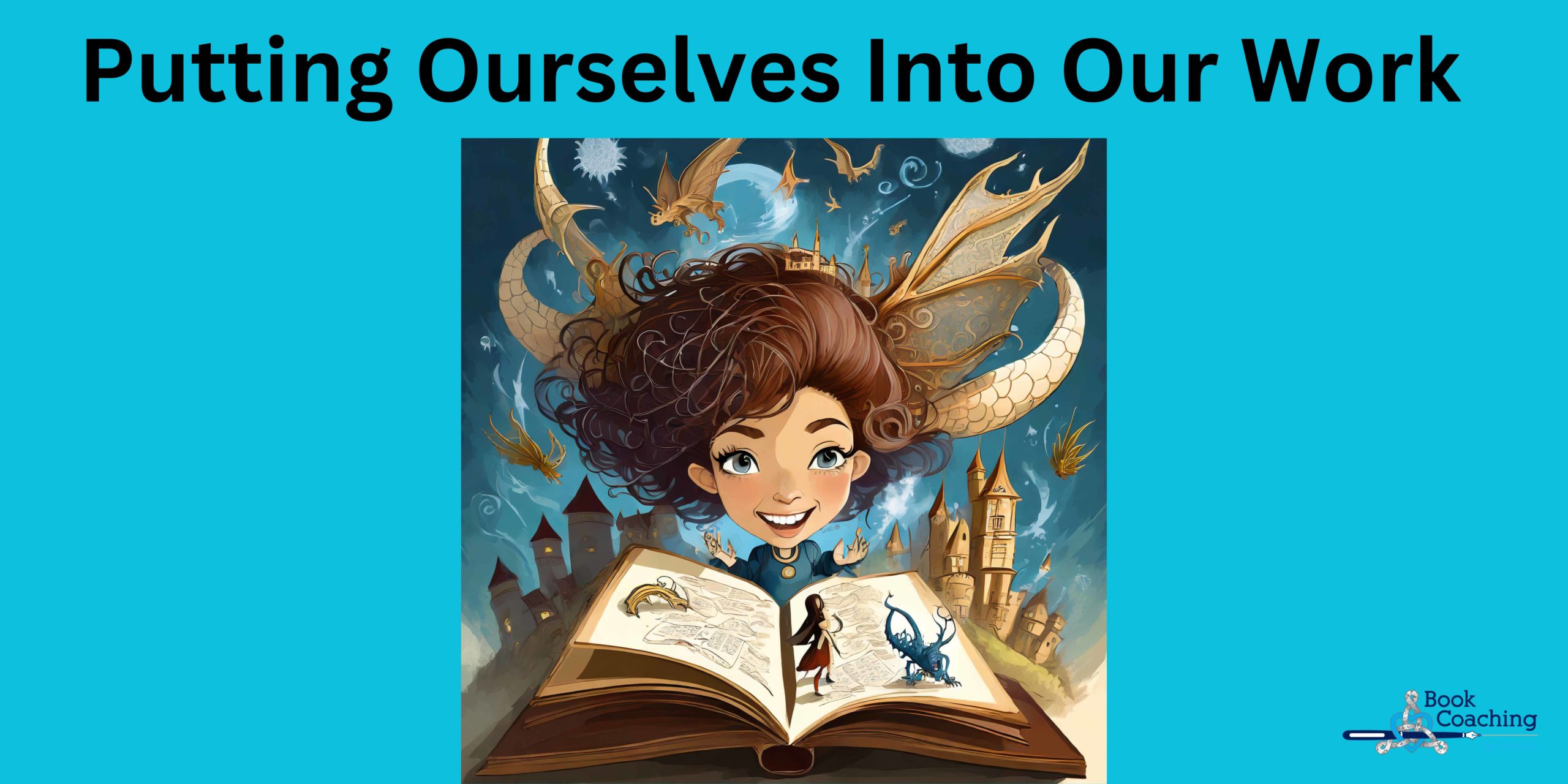I have been talking to a lot of creators lately about putting ourselves into our work, and the way our work contains aspects of who we are, whether intentional or not. I don’t mean that sometimes elusive element of fiction, voice, though that is a key aspect of how we communicate our thoughts and stories with the world.
What I am talking about is the many ways our work reflects aspects of who we are and what we know, how we feel and the ways we experience the world.
Just as every reader brings their own lens to the way they read our work and experience story, every writer has their own lens through which they see the world. Ultimately, every character must see the world through their own lens to be believable. But our characters also contain aspects of ourselves. How can they not?
To state the obvious, this is literally true with memoir, wherein the authors are telling their personal stories and expressing their specific beliefs. Proscriptive nonfiction does this when the author shares personal examples of how they learned the lessons they are imparting.
But we do much of the same thing in fiction, albeit through a layering of lenses.
I write mainly speculative fiction, but more stories dig deep into real issues and delve into those issues through my personal lens, offering direct knowledge gained through personal experience shown through the journeys, trials and tribulations of my characters.
How my characters act, react, double-down, or try to avoid a situation are all based on personal experience.
True, I have never had to kill someone in a sword fight, but I know what it feels like to fight for your life, to flee from an attacker, to drop into self-defense mode. I know what it feels like to win, to escape, as well as to be forced into a corner, to inflict harm upon another. I know what it is like to survive.
I know what it feels like to be rejected and to reject another person’s attentions. The pain of injury, both physical and emotional. What it is like to not be allowed to have boundaries, to learn something new, to find new ways to be in the world, to fight against overwhelming odds, to win, to lose, to achieve something that seemed impossible.
These are the ways our stories and character reflect who we are, how we live and act, and a lot of the time how we WISH we would have acted.
In memoir, we must be as truthful as possible, which is a terribly difficult thing to do, especially when we are recounting those moments when we did not live up to the person we aspire to be. In fiction, we can rewrite history, change the outcome, drop that snappy comeback at just the right moment, rather than coming up with it an hour later on our way to the grocery store. But we all use what we know, what we have experienced, what we have felt to develop stories and characters that others can relate to.
Visiting the root of an emotional experience is the best way to translate that emotion onto the page for the reader, but it can be difficult and painful to do so, whether we are writing fiction or nonfiction. The pain is still real. The emotional experience is still personal.
But there is also a great deal of catharsis to be had by writing out our pain, exploring our personal journeys and, for fiction writers, rewriting them to change the outcome in the character’s favor.
So, don’t be afraid to allow your experience in. No one needs to know which components of the work stem from your personal journey and which ones are purely imaginative. What readers want is a good story and a believable character whose thoughts, emotions, and choices make them accessible. What better way than to let your personal experience shine through them?
* * *
To get content like this sent direct to your inbox, sign up for my monthly newsletter.
Or follow me on Substack.
For more information on Book Coaching, check put my FAQ page.
If you’re interested in what I write, check out my Author site.
And if you write or want to write children’s books, give the Coaching KidLit podcast a listen.

